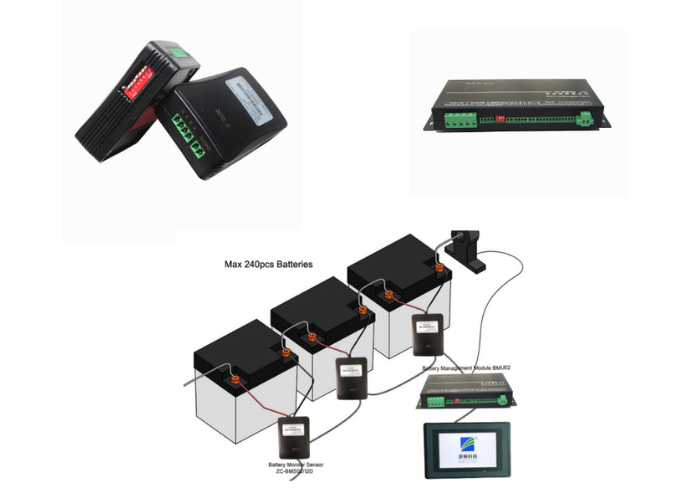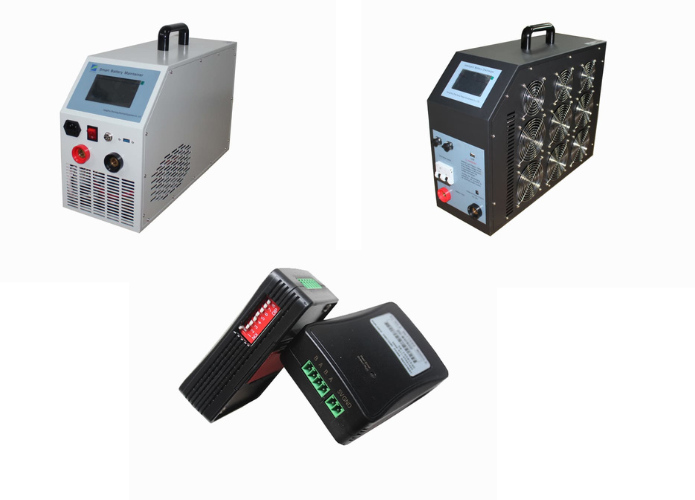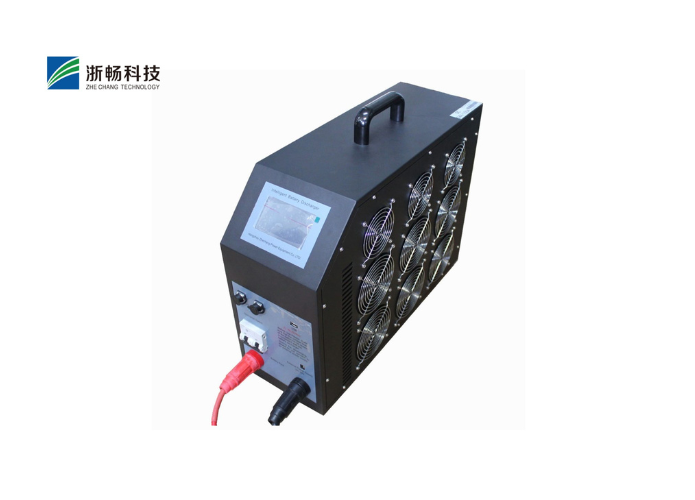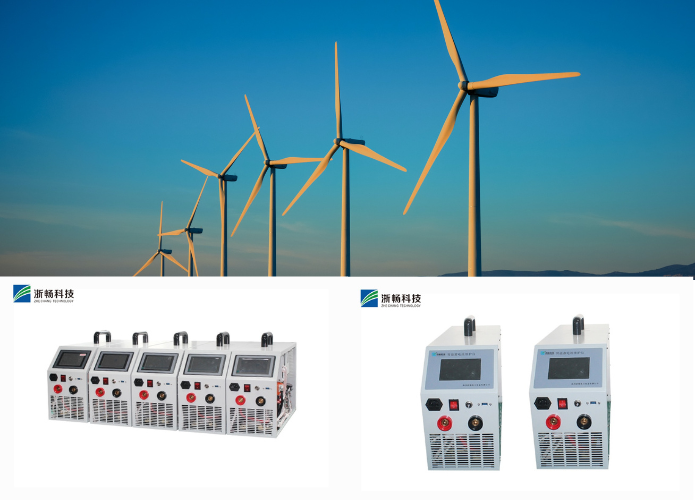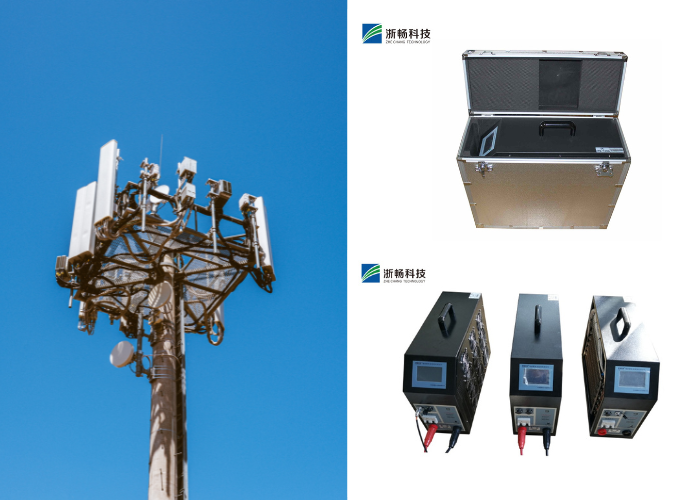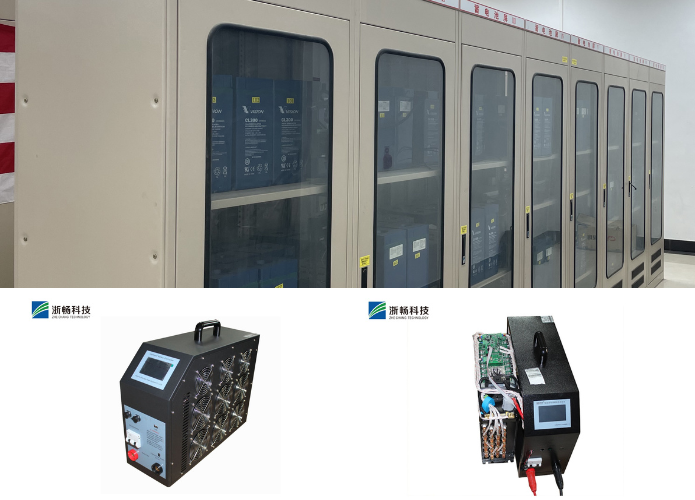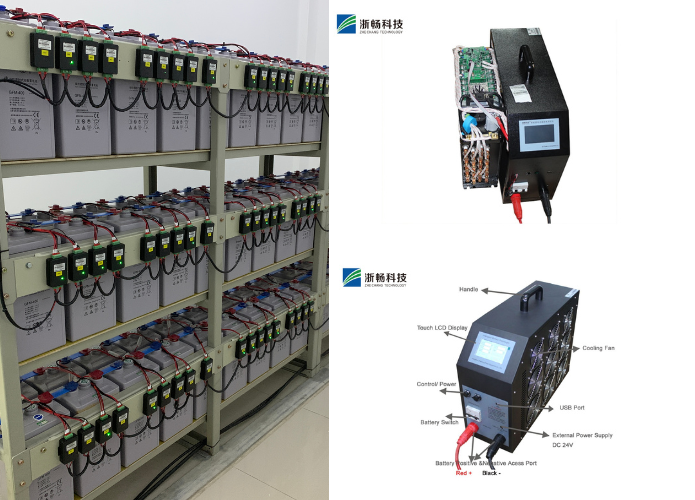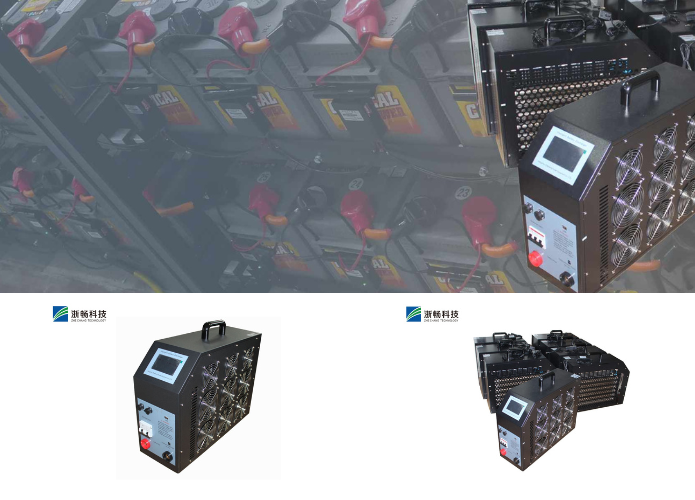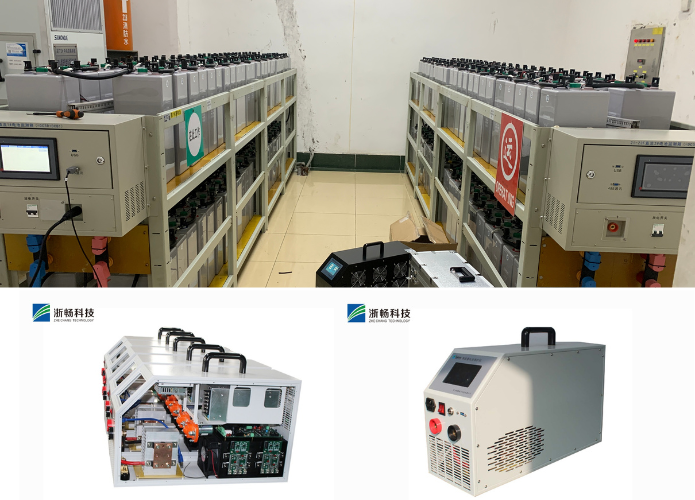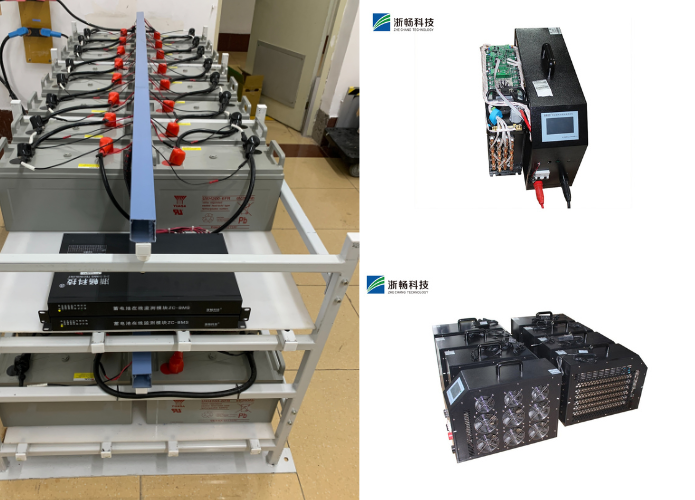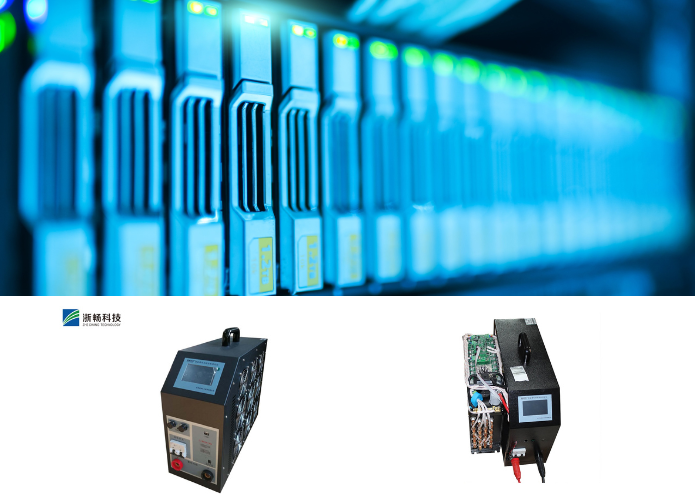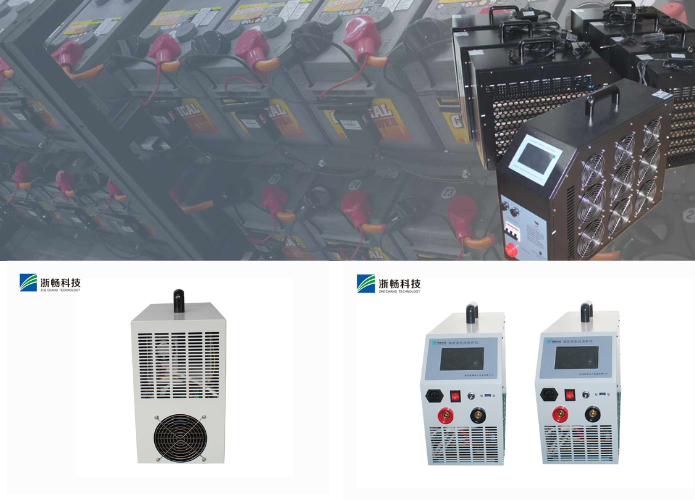How Do You Choose the Best Battery Tester for Small Batteries?
Choosing the best battery tester for small batteries might appear to be a simple task, but the wide range of options available can make the decision overwhelming. With advancements in technology, the market is flooded with various models, each offering different features and capabilities. Whether you're a tech-savvy gadget enthusiast, a professional technician who regularly handles electronic devices, or someone who frequently uses battery-powered gadgets at home, having a reliable battery tester is crucial. A good battery tester helps you accurately assess the health and charge level of your batteries, preventing unexpected device failures and saving money in the long run. This article will walk you through the essential factors to consider when selecting a battery tester, helping you make a well-informed decision that perfectly aligns with your specific needs and preferences.
What is a Battery Tester?
A battery tester is an essential device designed to measure the remaining charge in a battery, providing a quick and accurate reading of the battery's voltage. This helps users determine whether the battery is still functional or if it needs to be replaced, saving time and reducing the likelihood of device failure. Battery testers are available in a variety of shapes and sizes, each tailored to specific battery types. This includes testers for small batteries commonly found in household items such as remote controls, clocks, toys, and other everyday gadgets. These compact testers are convenient and easy to use, making them an indispensable tool for anyone who relies on battery-powered devices. Whether you're troubleshooting a device that isn't working or simply checking the health of your batteries, a battery tester provides the necessary information to keep your electronics running smoothly.
How Important is a Battery Tester for Small Batteries?
Small batteries are found in countless everyday items, from remote controls and hearing aids to watches and key fobs. Because of their widespread use, it's essential to have a dependable method for checking their charge levels. A battery tester plays a critical role in this process, ensuring that you don't mistakenly discard batteries that still have life left in them or continue using ones that are already dead. By providing an accurate diagnosis of battery health, a tester can save you time, money, and the frustration of dealing with underperforming or non-functional devices. Whether you're managing a household full of gadgets or maintaining important medical devices, a battery tester is a practical tool that helps keep everything running smoothly.
Types of Small Batteries You Use
When selecting the best battery tester, the first and most crucial step is identifying the types of small batteries you use most frequently. This understanding will guide you toward choosing a tester that is compatible with your needs. Small batteries come in various forms, each commonly found in different devices:
AA, AAA, and 9V batteries: These are among the most common batteries and are widely used in household items such as remote controls, flashlights, clocks, and toys. Their widespread use means that a battery tester capable of assessing these batteries is often essential for any home.
Button cell batteries: These small, coin-shaped batteries are typically found in devices like watches, hearing aids, calculators, and some medical devices. They are crucial for the operation of compact electronics where space is limited, and thus require a specialized tester to measure their charge accurately.
Rechargeable batteries: Frequently used in cameras, game controllers, wireless keyboards, and other electronics that require frequent power cycling. Rechargeable batteries are an eco-friendly and cost-effective option, but they also require regular testing to ensure they are holding a charge effectively.
Different battery testers are specifically designed to test certain types of batteries. Therefore, it’s vital to choose a tester that is compatible with the batteries you use regularly, ensuring accurate readings and prolonging the life of your devices.
Types of Battery Testers
When choosing a battery tester, it's important to understand the different types available and their specific uses. Each type of battery tester has unique features and advantages, making them suitable for various needs:
1. Digital Battery Testers
Digital battery testers are known for their precision and ease of use. These testers come equipped with a digital screen that displays the exact voltage of the battery, providing a highly accurate reading. They are user-friendly, often showing the battery’s status with a clear numerical value, making them ideal for anyone who needs detailed and precise information. Digital testers are particularly helpful for people who frequently use batteries in critical devices where accuracy is paramount.
2. Analog Battery Testers
Analog battery testers use a needle gauge to indicate the charge level of a battery. While they may not provide the exact voltage like digital testers, they offer a quick visual indication of whether the battery is good, weak, or dead. The needle moves along a scale, typically color-coded, to show the battery's status. Analog testers are generally more affordable and durable but may require a bit more interpretation to understand the readings.
3. Universal Battery Testers
Universal testers are versatile and can test a wide range of battery sizes and types, from common sizes like AAA and AA to smaller coin batteries. These testers are particularly useful for people who regularly deal with multiple battery types, as they eliminate the need for multiple specialized testers. Universal testers are convenient and often come with adjustable contacts to accommodate different battery sizes.
4. Specialized Battery Testers
Specialized battery testers are designed for specific types of batteries, such as button cell batteries, hearing aid batteries, or specific rechargeable batteries. These testers provide the most accurate readings for their designated battery types, ensuring optimal performance and longevity. However, they may not be compatible with other battery sizes or types, so they are best suited for users who frequently work with a specific kind of battery.
Key Features to Consider When Choosing a Battery Tester
When selecting a battery tester, several key features should guide your decision to ensure you choose the most suitable device for your needs:
- Accuracy
The accuracy of a battery tester is its most important feature. A reliable tester should provide an exact reading of the battery's charge level, enabling you to accurately assess whether a battery is still functional or needs to be replaced. High accuracy is especially crucial when dealing with batteries used in critical devices, where incorrect readings could lead to malfunction or unexpected downtime.
- Compatibility
Compatibility is another critical factor. Ensure that the battery tester you select is designed to work with the types of batteries you use most often. Some testers are specialized for specific sizes or types, like AA, AAA, or coin batteries, while others are more versatile, capable of testing a variety of battery sizes and types. A tester that is not compatible with your batteries will be of little use, so this consideration is vital.
- Ease of Use
A user-friendly design is essential, particularly if you're not highly tech-savvy. Look for battery testers with clear, easy-to-read displays and simple interfaces. Digital testers with numerical readings or color-coded indicators are typically easier to interpret, ensuring you can quickly and confidently check your batteries without confusion.
- Portability
Portability is important if you need to test batteries while on the go. Consider the size and weight of the tester, opting for a compact and lightweight model if you plan to carry it in a toolkit, bag, or pocket. A portable tester ensures you can check batteries wherever you are, without the need for bulky equipment.
- Durability
Durability is key for a battery tester that will see frequent use. A well-built tester made from high-quality materials will withstand the rigors of daily handling and last longer. Look for testers with solid construction and protective features, like rubberized housing, to ensure they can endure drops, impacts, and regular wear and tear.
- Price
Battery testers are available across a wide price range, from affordable options to high-end models. While it's important to consider your budget, don't compromise on essential features such as accuracy and compatibility. Investing in a slightly more expensive tester may pay off in the long run by providing better performance, reliability, and longevity.
How to Use a Battery Tester for Small Batteries
Using a battery tester is typically a simple process, but following the correct steps is crucial to ensure an accurate reading. Here’s a step-by-step guide on how to use a battery tester for small batteries:
1. Insert the Battery
Start by placing the battery into the tester. Make sure to align the battery’s positive (+) and negative (-) ends with the corresponding terminals on the tester. Proper alignment is essential for an accurate reading, as incorrect placement can lead to false results or even damage the tester.
2. Activate the Tester
Once the battery is in place, you’ll need to activate the tester. The method for doing this depends on the type of tester you're using. For some models, you may need to press a button to begin the test. In others, the tester may activate automatically as soon as the battery is inserted. Ensure you're familiar with your tester’s operation method to avoid any confusion.
3. Read the Results
After the tester is activated, it will quickly measure the battery's charge level. If you're using a digital tester, a numerical value will appear on the screen, indicating the battery’s voltage or percentage of charge. This precise reading allows you to assess the battery’s condition accurately. In contrast, if you're using an analog tester, the needle will move across a scale, usually color-coded, to show whether the battery is good, weak, or dead.
Maintaining Your Battery Tester
Proper maintenance is essential to ensure that your battery tester continues to provide accurate readings over time. To keep your tester in optimal condition, follow these simple steps:
- Keep it Clean: Regularly clean your battery tester to prevent dust and debris from affecting its performance. Use a soft, dry cloth to wipe the exterior and the contact points where the battery touches the tester. Avoid using harsh chemicals or moisture that could damage the internal components.
- Store in a Cool, Dry Place: The environment where you store your battery tester plays a significant role in its longevity. Store the tester in a cool, dry place away from direct sunlight and extreme temperatures, as excessive heat or cold can affect its accuracy and overall performance.
- Replace Internal Batteries: If your tester is battery-operated, keep an eye on the internal batteries and replace them as needed. A tester with weak or dead internal batteries may give inaccurate readings or fail to function entirely. Regularly check the battery compartment to ensure the internal batteries are in good condition.
- Check Calibration: Periodically check the calibration of your battery tester, especially if you rely on it for critical tasks. Some testers may require recalibration over time to maintain their accuracy. Refer to the manufacturer's instructions on how to check and recalibrate the device if necessary.
Why You Should Invest in a High-Quality Battery Tester
Investing in a high-quality battery tester offers numerous benefits. A reliable tester ensures that you are not unnecessarily discarding batteries that still have a usable charge, saving you money in the long run. It also saves time by quickly identifying which batteries are dead, eliminating the guesswork and frustration of testing batteries manually or relying on devices to signal low power. Furthermore, a high-quality battery tester can help prolong the life of your devices by ensuring they always operate with fully charged batteries, reducing the risk of damage from low power.
What to Avoid When Buying a Battery Tester
When selecting a battery tester, it’s important to be aware of potential pitfalls. Avoid models that have poor reviews regarding accuracy and durability, as these are critical factors for effective performance. Be cautious of testers that do not clearly indicate which battery sizes they can handle; using the wrong tester for a battery can result in inaccurate readings or even damage the battery. Additionally, steer clear of overly complex models if you prefer simplicity and ease of use. Testers with complicated interfaces or unclear instructions can be more trouble than they’re worth, especially if you need quick and straightforward results.
Conclusion
Selecting the best battery tester for small batteries involves careful consideration of several key factors, such as accuracy, compatibility, ease of use, and durability. A battery tester is an essential tool, whether you frequently use common household batteries or work with specialized types. Choosing a tester with high accuracy ensures that you can reliably determine the remaining charge in your batteries, preventing unnecessary replacements and saving money. Compatibility is equally important; the tester should be able to handle the specific sizes and types of batteries you use most often, whether they are AA, AAA, button cells, or rechargeable batteries.
Ease of use is another crucial factor, especially if you're not a tech expert. A user-friendly tester with clear displays and simple operation will make the process quick and hassle-free. Durability should not be overlooked either, as a well-constructed tester will last longer and provide consistent performance over time.
Whether you decide on a digital, analog, universal, or specialized tester, the right choice can significantly reduce the time, money, and frustration associated with managing batteries. Investing in a high-quality battery tester ensures that you always have a clear understanding of your batteries’ status, helping you keep your devices powered and functioning smoothly at all times.
Popular Battery Tester
Popular Battery Tester
Latest News
Latest News
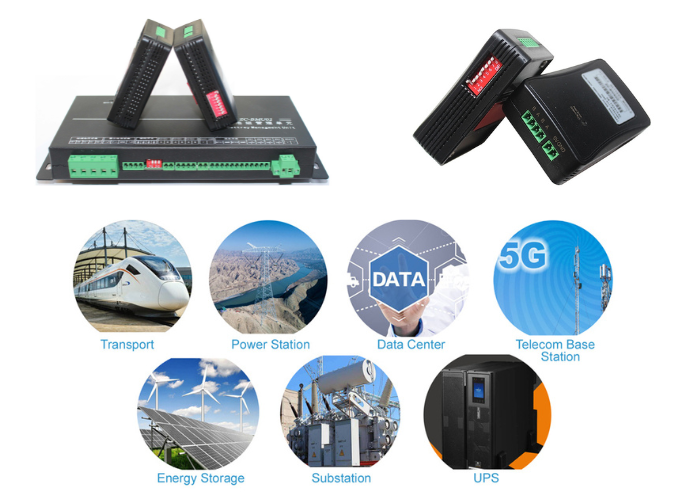
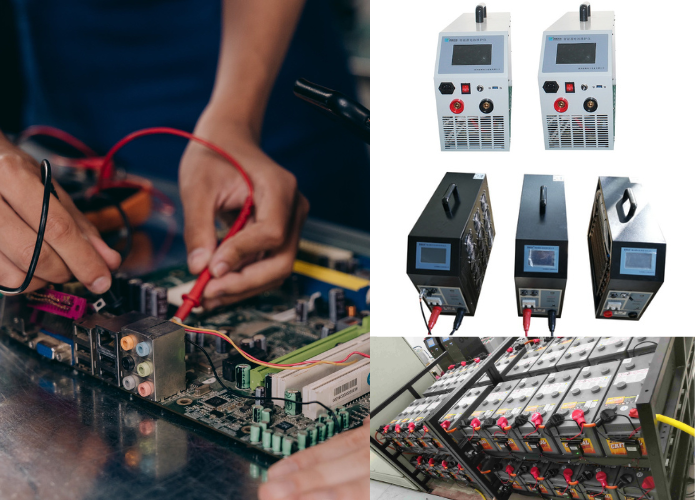
Get Price of Battery Tester
Get Price of Battery Tester
Address:
Floor 3, Building 1, No.1418-60, Moganshan road, Hangzhou city, Zhejiang Province, China.310015

